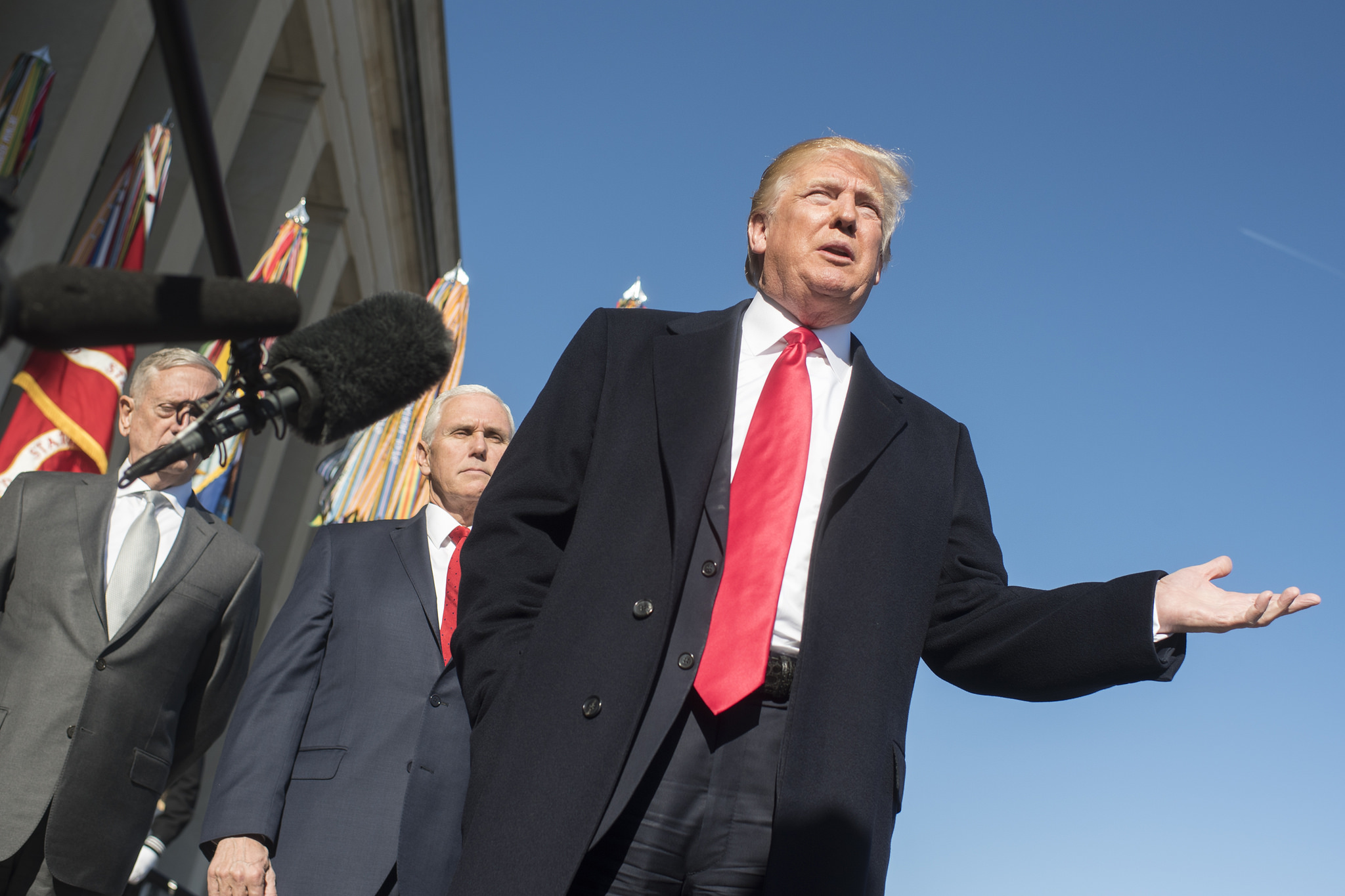On Wednesday, Michael Cohen is scheduled to testify publicly before the House Oversight and Reform Committee. He won’t be talking about his role in negotiating Trump Tower Moscow because an agreement has been reached that he won’t testify about anything having to do with Russia and the Trump campaign.
Last week Rep. Elijah Cummings put out a memo listing the areas of inquiry. It includes:
- the President’s debts and payments relating to efforts to influence the 2016 election;
- the President’s compliance with financial disclosure requirements;
- the President’s compliance with campaign finance laws;
- the President’s compliance with tax laws;
- the President’s potential and actual conflicts of interest;
- the President’s business practices;
- the Trump International Hotel in Washington, D.C.;
- the accuracy of the President’s public statements;
- potentially fraudulent or inappropriate practices by the Trump Foundation; and
- public efforts by the President and his attorney to intimidate Mr. Cohen or others not to testify.
In addition to the Mueller probe, Cohen’s role with the Trump Organization is being investigated by federal prosecutors in the Southern District of New York. It is unclear how much the president’s former lawyer will be able to talk about the issues they are investigating at Wednesday’s hearing, but apparently they are looking into issues beyond his involvement in the company’s payment of hush money to women who had affairs with Trump.
Michael D. Cohen, President Trump’s former lawyer and fixer, met last month with federal prosecutors in Manhattan, offering information about possible irregularities within the president’s family business and about a donor to the inaugural committee, according to people familiar with the matter.
Mr. Cohen, who worked at the Trump Organization for a decade, spoke with the prosecutors about insurance claims the company had filed over the years, said the people, who did not elaborate on the nature of the possible irregularities.
This report from back in 2016 identifies what those “irregularities” might look like:
Donald Trump says he received a $17 million insurance payment in 2005 for hurricane damage to Mar-a-Lago, his private club in Palm Beach. But The Associated Press has found little evidence of such large-scale damage.
Two years after a series of storms, the real estate tycoon said he didn’t know how much had been spent on repairs, but acknowledged he pocketed some of the money. He transferred funds into his personal accounts, saying that under the terms of his policy “you didn’t have to reinvest it.”
The article goes on to note that local units of government issued no work permits to account for any part of the $17 million and that two weeks after the hurricane that was alleged to have done the damage, “Trump hosted 370 guests at Mar-a-Lago for the wedding of his son Donald Jr.” with photographs showing the club in good repair.
Having occurred in 2005, that incident is outside the statute of limitations, but Michael Cohen would certainly be in a position to know if there were other similar incidents of insurance fraud committed by the Trump Organization. It would be one more way in which the president’s former business practices replicated what we’ve witnessed from organized crime.
The growing trend of insurance fraud continues to cost US consumers billions of dollars a year through increased premiums. In 2015, the Coalition Against Insurance Fraud estimated the cost of insurance fraud as being at least $80 billion dollars a year. Even though an increasing number of criminals are drawn to the low risk, high reward of insurance fraud, little criminological literature has explored this topic and the public remains relatively unaware of the extent of the problem.
One alarming aspect of insurance fraud is the involvement of organized criminal groups. These organized criminal enterprises are formed for the sole purpose of defrauding the insurance industry. Often, these enterprises are believed to have ties to traditional organized criminal groups, such as the Italian Mafia or the Russian Mob.
If federal prosecutors are currently engaged in an investigation of whether the Trump Organization was involved in insurance fraud, I doubt that Cohen will be allowed to testify about that publicly at this point. But we can add yet another crime to the list of things for which this president is being investigated.



